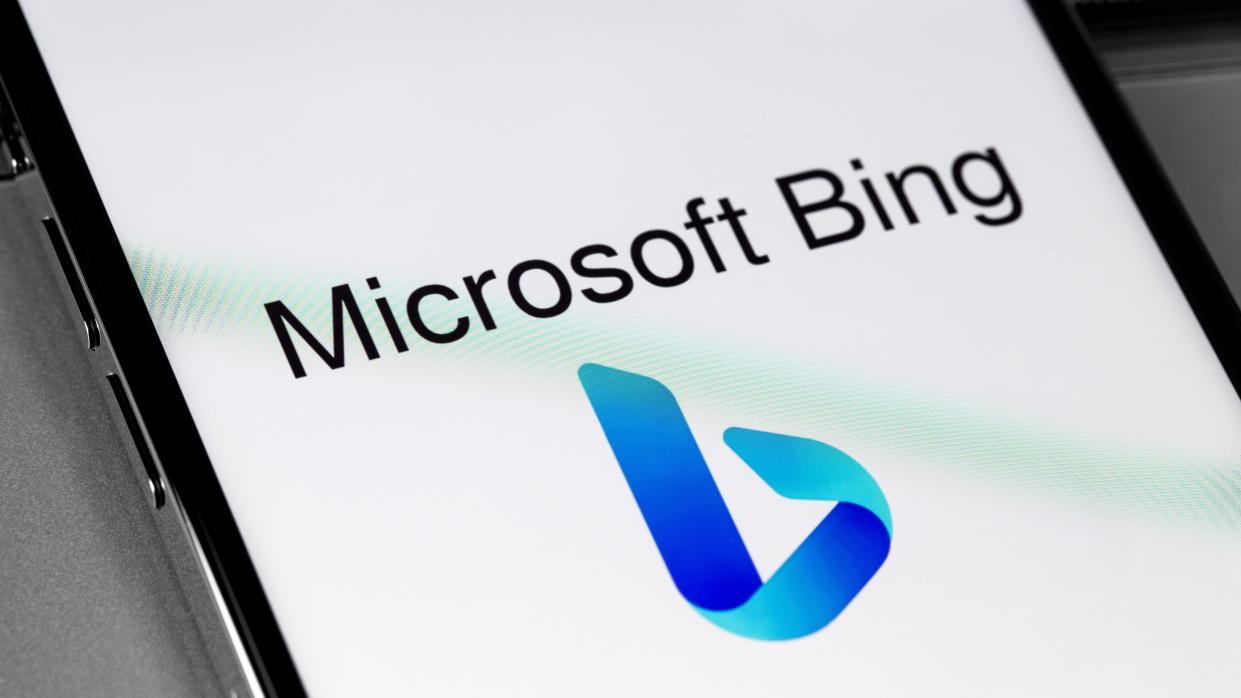Microsoft really wants your business to use more AI

Following the recent success of its updated and AI-powered Bing browser, Microsoft has announced at its annual Inspire conference that enterprise customers will finally be able to get their own, secure version of the AI writer.
Much like the closed-in OpenAI Service that Microsoft announced earlier this year for its US Government customers, Bing Chat Enterprise promises to protect everything that both goes in and comes out.
Bing Chat for enterprises
During the announcement, Redmond confirmed that Bing Chat Enterprise is available in preview for more than 160 million customers. It also confirmed that it is included in Microsoft 365 E3, E5, Business Standard, and Business Premium subscriptions at no extra cost.
Read more
> These are the best online collaboration tools around
> Google Cloud Enterprise Search is getting even better with AI models
> Cloud storage is the key to unlocking AI’s full potential for businesses
The company also revealed it plans to launch Bing Chat Enterprise as a standalone subscription for $5 per user per month at a later date, and hopes to make Bing Chat Enterprise available from Windows Copilot in the future, though details remain sparse.
In a complementary blog post, Microsoft has confirmed that any data inputted into the chatbot will not be used to train its models.
At the same time, Microsoft 365 Copilot is also rolling out to commercial customers in preview format ahead of general availability, when it will be priced at $30 per user per month.
It promises all the capabilities of the regular Microsoft 365 Copilot, which has popped up in a number of apps like Excel and Word recently, but with additional security measures that see it inherit existing security, privacy, identity, and compliance policies.
Away from the workplace, Microsoft is adding Visual Search to Bing Chat which uses the multimodal GPT-4 model to enable users to upload images instead of use text prompts, though the company has shied away from indicating when this may become available to enterprise customers.
According to an in-house report, seven in 10 workers say that they would delegate as much work as possible to AI, but very few actually do because of concerns about the security of sensitive company information.
Check out our roundup of the best productivity tools
